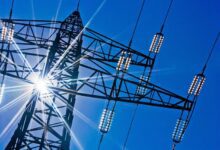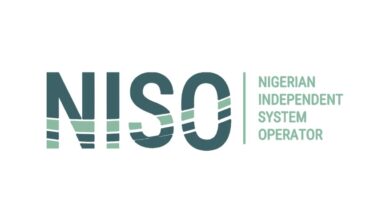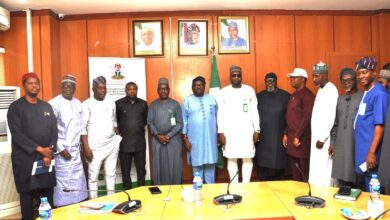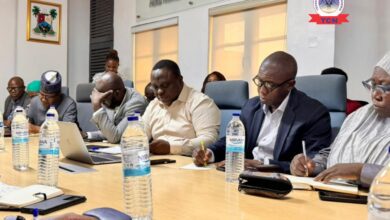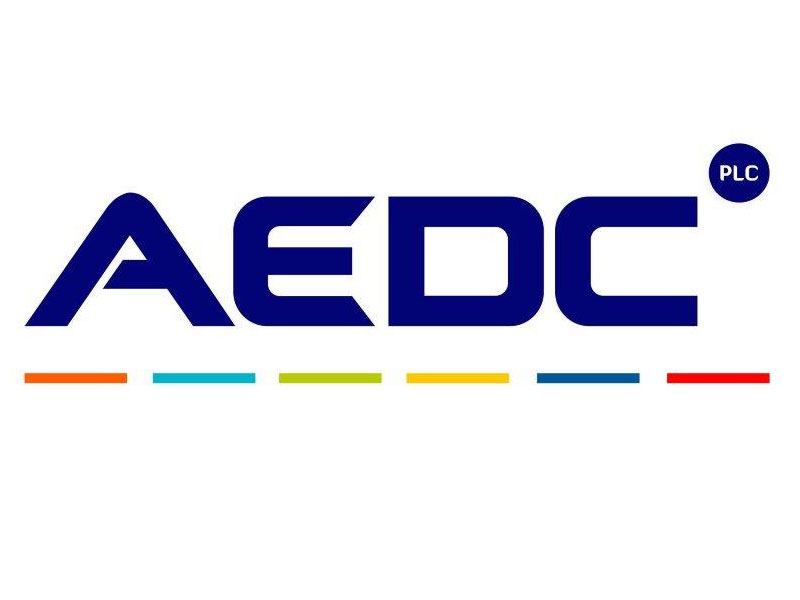Current Electricity Arrangement May Escalate Energy Theft – Experts

By Sunday Etuka, Abuja
Some electricity experts have expressed worry over the current electricity arrangement in the country, saying that it may escalate the electricity theft plaguing the sector, even though the electricity Act proposed a three-year jail term for electricity theft.
Recall that on April 3, 2024, the Nigerian Electricity Regulatory Commission (NERC) announced a new Tariff Regime for the Nigerian Electricity Supply Industry (NESI).
NERC in the April Supplementary Order, jerked up the electricity tariff for Band A class of customers from previous payment tariff of N68 per kilowatt hour to N225Kwh.
This was pursuant to the provisions of the Electricity Act 2023 which mandated the Commission to allow a licensee operating in the NESI to charge a rate sufficient to recover the full cost of its efficient operation including a reasonable return on the capital invested in the business.
The New Tariff Regime, therefore, was introduced to reflect the high rate of inflation, exchange rates and gas prices, that have depleted the revenue of the DisCos in order to sustain service delivery.
However, in the May supplementary Order, NERC has approved a downward review of the end-user tariffs for the Band A customers from the N225/kWh to N206.8/kWh.
This, it attributed to the changes in the macroeconomic parameters over the preceding month of April 2024.
Going by the NERC Order, “DisCos are under an obligation to provide customers classified under Band A service category a minimum average supply of 20hrs/day measured over a period of one week”.
All other customers under Band B to E service category and representing 85% of the customers’ population were not affected by the review.
However, the experts are worried that the current arrangement has widen the dichotomy between the rich and the poor, as the DisCos are only serving the Band A customers to the detriment of the customers in other Bands. Expressing fear that the situation may hike the rate of energy theft in the sector.
It is on record that 60 per cent of metered customers in Nigeria, which was put at over 13.3million (13, 301,551) by the report recently released by NERC, bypass meters, thus contributing to energy poverty.
Speaking to TheFact Daily on the development, the President, Nigeria Consumer Protection Network, Kunle Olubiyo said, “As good as the intents, spirits and letters of upward Tariff increase of 3rd of April for Band A may be considered necessary to incentivise the market and creates a cross subsidy…In an attempt to satisfy the premium end users customers on Band A …Universal Access to Energy Post 4th Day of April, 2024 should not be the exclusive preserve of the rich to the exclusion of the poor citizens… There should be inclusivity, services reflectivity for the rich and the poor”.
Olubiyo said that the operators should also be charged for energy theft, arguing that “falsification of claims in Generation Capacity, Defective Metering of Cascading of Electricity across the Grid Value Chain, and Manipulation Accuracy of functionality of Bulk Metering Distribution Transformers Meters, and Over billing of Customers through poor Installation or Systemic Recalibration of Metering devices in ways and manners to shortchange the end users or game the systems are all forms of Systemically Institutionalised Energy Theft”.
He further noted that “Conscription of End Users Customers to forcefully pay for outrageous estimated billing and payments for energy not delivered or payments for darkness .. Payment for Services not rendered by Distribution Licensees due to absence of Meters are Systemically Institutionalised Energy Theft and these are unacceptable”.
Corroborating his line of argument, a Power Sector Communications Specialist, and Chief Executive Officer (CEO), Sage Consulting and Communications, Bode Fadipe said, “metering remains a fundamental component in the provision and consumption of electricity by the DisCo & the end user both for the purpose of energy accountability, integrity and transparency.
“End users want to be accurately billed while service providers also need to account for the energy they have received and sold out to their customers.
“Unfortunately, the above is more of a theoretical submission especially in an environment such as we have. The current state of the Nigerian economy has further aggravated the propensity of the end user to take electricity without an intention to pay for it because of the issue of low purchasing power.
“To now have a situation where there is an adjustment in tariff, the desire to do that is further aggravated.
“But it is also interesting to note that taking electricity with an intention not to pay is not limited to those who have the challenge of affordability.
“There are cases of those who can afford it but because they walk in the corridors of power, they refuse to pay for it. In some Instances, their domestic aids collect the money and divert or convert it.
“What this therefore means is that theft of electricity whether cheap or expensive is a specie of corruption. The fact that there is an adjustment in tariff has aided it the more.
“I am therefore inclined to hold the view that more people will lean in the direction of energy theft in view of this adjustment”, he said.


